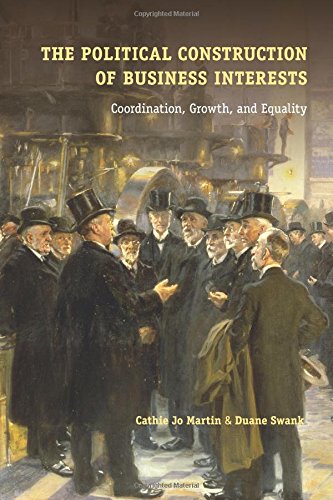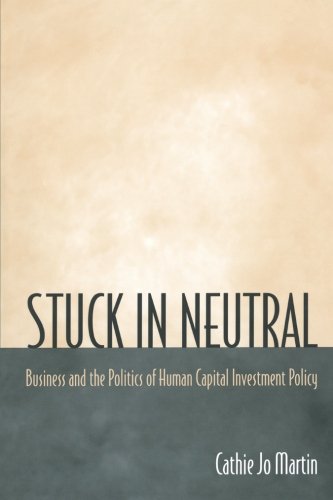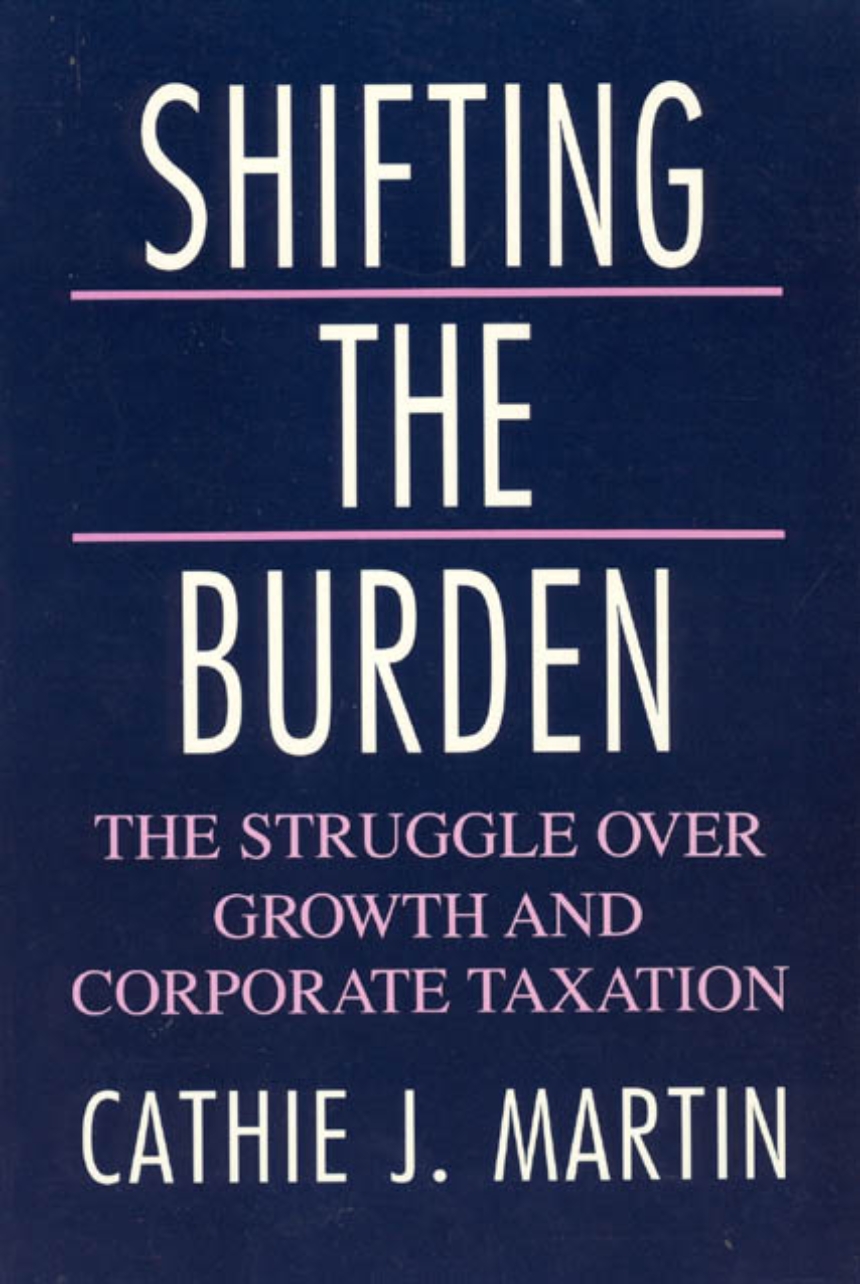
EDUCATION FOR ALL? LITERATURE, CULTURE AND EDUCATION DEVELOPMENT IN BRITAIN AND DENMARK
(CAMBRIDGE UNIVERSITY PRESS, 2023)
Why did Denmark develop mass education for all in 1814, while Britain created a public-school system only in 1870 and primarily educated academic achievers? Fiction writers are the protagonists of this story, as their literary narratives inspired education campaigns over the long nineteenth-century. Danish writers imagined mass schools as the foundation for a great society and economic growth. Their depictions fortified the mandate to educate all the people: neglecting low-skill youth would waste societal resources and threaten the social fabric. British authors pictured mass education as harming social stability, lower-class work, and national culture. Their stories of youths who overcame structural injustices with individual determination made it easier to blame students who failed to seize educational opportunities. This book is for people who care about educating children of all abilities, are baffled by culture wars over public policy and worry about the future of collective action in our dystopian world.
– Winner of the best book award from the European Politics and Society Section of the American Political Science Association in 2024.
Review by Cecilia Ivardi. Social Policy and Administration. May 16, 2024.
****************************************************************************

THE POLITICAL CONSTRUCTION OF BUSINESS INTERESTS: COORDINATION, GROWTH AND EQUALITY (WITH DUANE SWANK, CAMBRIDGE UNIVERSITY PRESS, 2012)
Many societies use labor market coordination to maximize economic growth and equality, yet employers’ willing cooperation with government and labor is something of a mystery. The Political Construction of Business Interests recounts employers’ struggles to define their collective social identities at turning points in capitalist development. Employers are most likely to support social investments in countries with strong peak business associations, that help members form collective preferences and realize policy goals in labor market negotiations. Politicians, with incentives shaped by governmental structures, took the initiative in association-building and those that created the strongest associations were motivated to evade labor radicalism and to preempt parliamentary democratization. Sweeping in its historical and cross-national reach, the book builds on original archival data, interviews, and cross-national quantitative analyses. The research has important implications for the construction of business as a social class and powerful ramifications for equality, welfare state restructuring and social solidarity.
– Winner of the David Greenstone outstanding book prize from the Politics and History section of the American Political Science Association in 2013.
– Review by Andrew Moravcsik. Foreign Affairs (November/December 2012).
– Roundtable Review. Perspectives on Europe (Council for European Studies, Fall 2012).
– Review Symposium. Socio-Economics Review 11 (2013): 795-804
– Review by Alexender Reisenbichler, Perspectives on Politics 12 (4) December 2014.
– Review by Chris Howell, Business History Review. 87(4) Winter 2013.
********************************************************************************

STUCK IN NEUTRAL: BUSINESS AND THE POLITICS OF HUMAN CAPITAL INVESTMENT POLICY (PRINCETON UNIVERSITY PRESS, 2000)
Few contemporary debates generate as much heat as that over human capital investment policy, yet little attention has been paid to how managers form their opinions in this important realm. Stuck in Neutral fills this void with a journey into the world of corporate deliberations, offering startling and counterintuitive observations. Most large employers want more government assistance in human capital investment (training, health, and work/family) policies. Company policy exerts put these issues on the corporate agenda using the strategic tools of social activists. This considerable corporate interest stopped short of tangible support for recent social initiatives for a surprising reason: large employers are poorly-equipped to act on shared collective social concerns. The vacuum in big business leadership is being filled by small business associations, who are working to enact two-tiered regulatory systems with different rules for small firms.
Stuck in Neutral makes a major contribution to academic studies, promising to become a landmark in the under-explored area of business preferences for social policy. This creative application of historical institutionalism to managers avoids the parallel pitfalls of economic reductionism and isomorphism found in most investigations of corporate political action. With a rare blend of research methods, subjecting hundreds of in-depth interviews to quantitative analysis, Martin claims the certainty of the statistician and the intimate knowledge of the anthropologist. This lively discourse also offers a fresh take on the future of social policy. To those advocating centralist coalitions for new social initiatives, Martin provides an essential understanding of managerial preferences yet points out that those least likely to support social initiatives are the real corporate powerhouse in Washington today.
“A masterful analysis of business and government that adds up to an explanation of American social policy-past, present, and future. Cathie Jo Martin describes the institutional dynamics of corporate politics while eloquently catching the voices and the aspirations of business men and women. Stuck in Neutral is wise, balanced, engaging, persuasive, theoretically sophisticated, and entirely unexpected in its conclusions.”
~ James A. Morone, Brown University
“Cathie Jo Martin’s Stuck in Neutral is a brilliantly researched study of the development of the policy preferences of American businesses and business influence on public policy. Its well documented conclusions on the determinants of variation in the policy orientation of businesses challenge basic assumptions of both rational choice and class analytic approaches in social science and make it essential reading not only for those interested in public policy but also for all political scientists and sociologists interested in these central theoretical disputes in the disciplines.”
~ John D. Stephens, University of North Carolina
“A vital and highly original book for all political scientists working on business and politics or interest groups in general. Martin shows that we cannot simply deduce what corporations’ interests or political objectives are; in this important and original study she shows instead that the policy goals and tactics of corporations are themselves constructed in a complex political process. This book is a model of how empirical research and theory can be brought together.”
~ Graham K. Wilson, University of Wisconsin, Madison
Review by Graham Wilson. Journal of Policy Analysis and Management 20 (4 Autumn 2001): 790-794.
Review by Doug Schuler. Business History Review 74 (3), (Autumn 2000): 535.
Review by Sandra L. Suárez. The American Political Science Review 94 (4 Dec., 2000): 951-952.
Review by Jennifer Klein, Journal of Health Politics, Policy and Law (2002) 27 (4): 677–682.
Review by Elizabeth Fones-Wolf. Journal of Policy History 13 (3) 2001.
*******************************************************************************
SHIFTING THE BURDEN: THE STRUGGLE OVER GROWTH AND CORPORATE TAXATION
Since World War II, the corporate tax burden has, overall, decreased enormously as a percentage of the government’s total revenue. Until now, however, no explanation of this phenomenon has accounted for the periodic reforms—such as the dramatic 1986 Tax Reform Act—which significantly increase some corporate taxes.
Remarkably accessible and rich in historical evidence, Shifting the Burden is the most compelling explanation to date of how our nation’s tax policy is formulated. Cathie Jo Martin shows how presidents’ cultivation of allies within the business community and struggles within that community itself combine to shape tax policy.
“Martin’s fascinating history of American tax policy represents an important and original contribution to our understanding of the economic and political dynamism of business-government relations in the United States.”
~David Vogel, University of California Berkeley
“Martin presents a powerful mix of theory and empirical analysis. All students of business-state relations will need to read her book, as it sets out a telling critique of the dominant traditions of work in the field.”
~Stephen Elkin, University of Maryland
“This highly informative study considers a neglected by vital field of American policymaking from the broader perspectives of comparative political economy. Its concise and trenchant analysis of corporate tax policy is an important contribution to the literature that will be of interest to all concerned about America’s fiscal and economic well-being.”
~Peter Hall, Harvard University
“A trenchant analysis of the perennially important question of the relationship between governmental strategy, corporate taxation, and economic growth.”
~Aaron Wildavsky
Review by Paul Miranti, Business History Review 67 (4) (Winter 1993): 673.
Review by Paul Peretz, American Political Science Review 86 (3) (September 1995).
